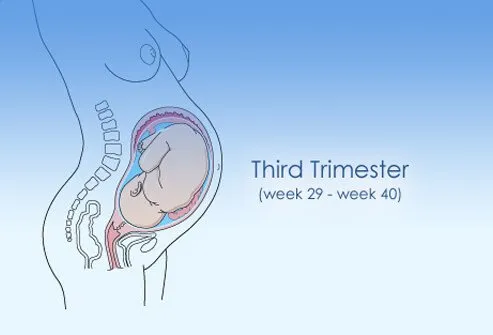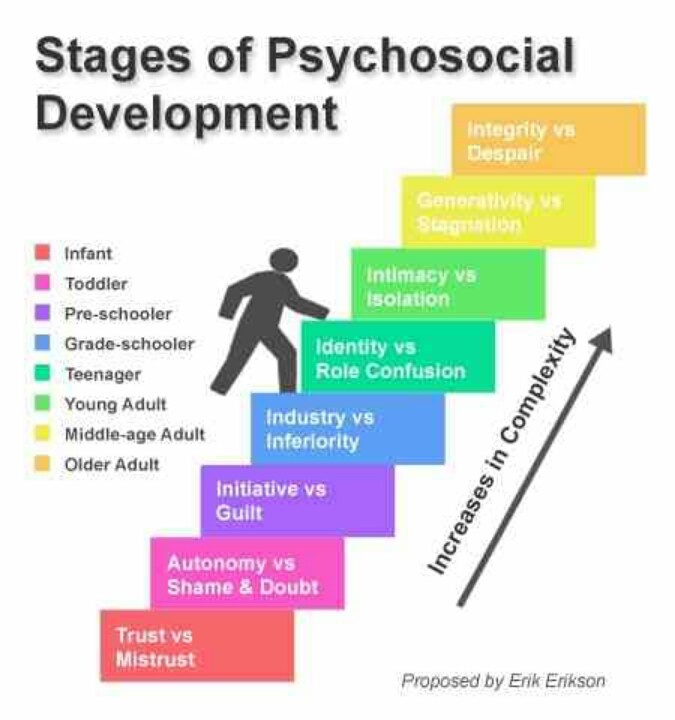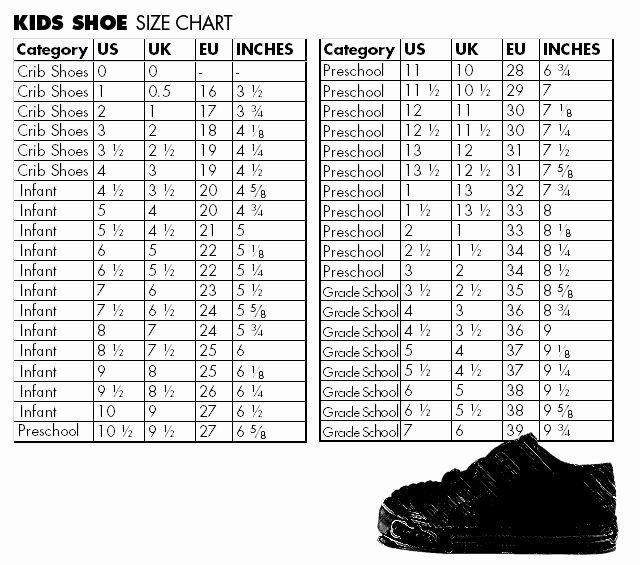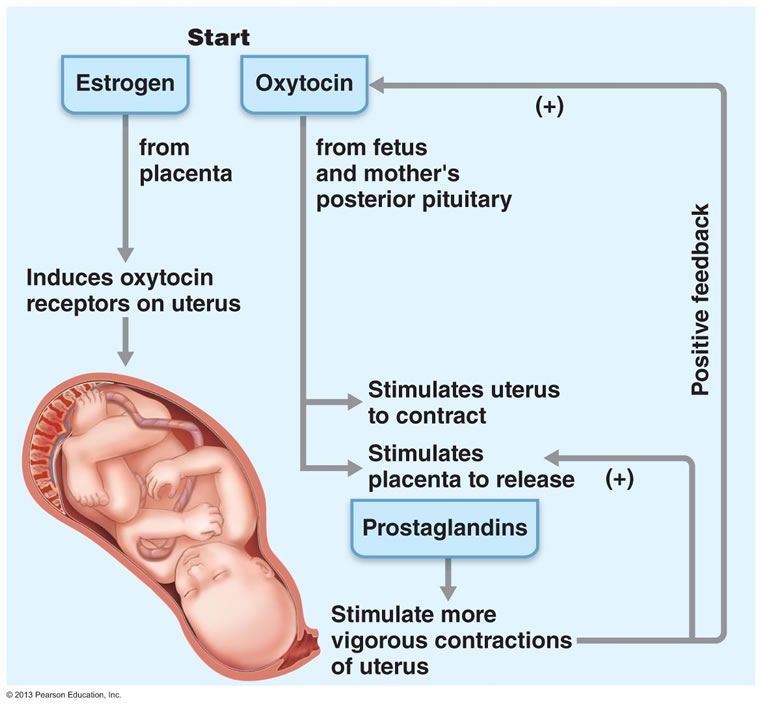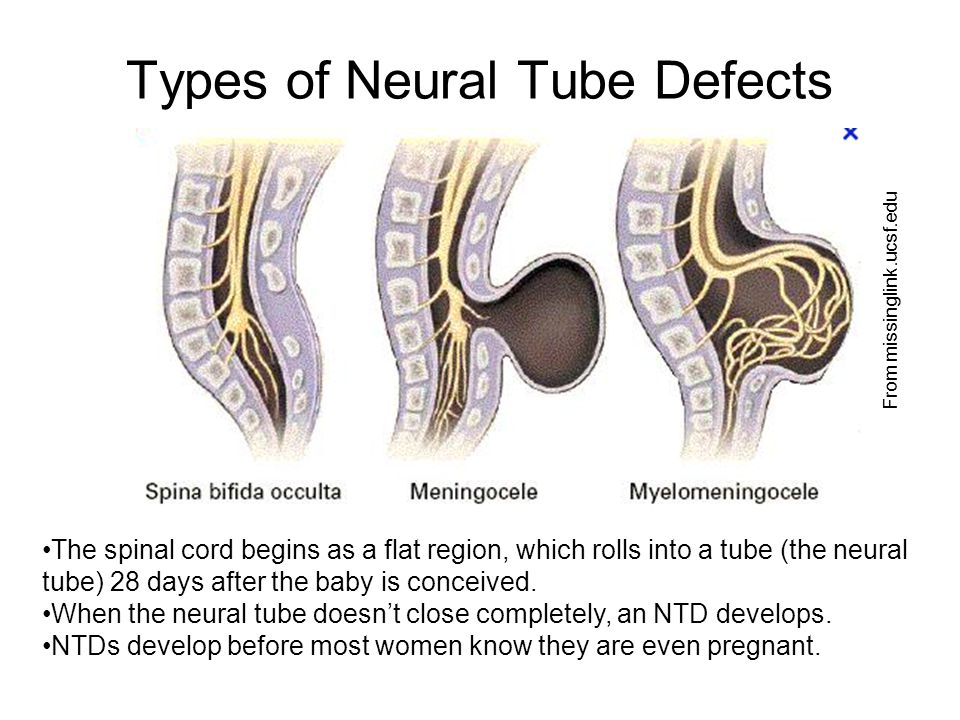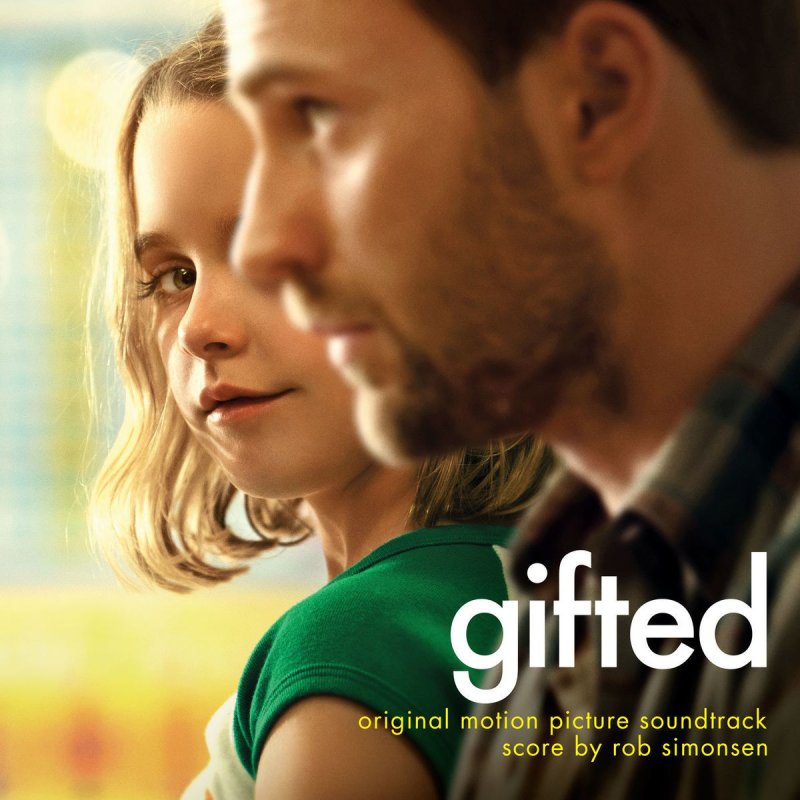How to tell your child there is no tooth fairy
Is The Tooth Fairy Real? 5 Ways to Talk to Kids About It
When I was seven years old, I lost a baby tooth. I had lost several teeth already and I informed my parents that this time, I wanted to keep my tooth. I was not going to be leaving it out for the Tooth Fairy.
What my parents did not know, however, is that I did leave the tooth under my pillow. You see, I wanted to know if the Tooth Fairy was real. I knew that if she really did exist, I would wake up to a crisp dollar bill under my pillow in the tooth’s place. But, if my parents had been doing the job all this time, the tooth would still be there in the morning. I’m sure you can imagine how it turned out.
More: Should I Tell My Child the Truth About Santa?
At some point, every child will learn that the Tooth Fairy is only a myth. Depending on their age and how they come to this realization, kids will react differently. Some might enjoy being an “adult” who knows the secret that their little siblings do not yet. Others will be brokenhearted and mourn the loss of a beloved fantasy. Still others may react angrily, feeling upset that they were tricked or lied to by their parents.
Here are five ideas to help you ensure that your child learns the truth in the smoothest way possible.
Don’t have time to read now? Pin it for later:
Keep the Faith
When children are devastated to learn that the Tooth Fairy is make-believe, consider reassuring them that even though she may not be physically real, her spirit is. There is still magic in losing their baby teeth, and that magic has its own value. This can be very comforting to young children, especially if they hear the truth from older siblings.
If They’re On to You, Level With Them
As kids mature, they will eventually realize that the Tooth Fairy cannot possibly exist. Don’t try to insist. This just is not fair or respectful to your kids. If they come to understand that there is no Tooth Fairy on their own, validate them.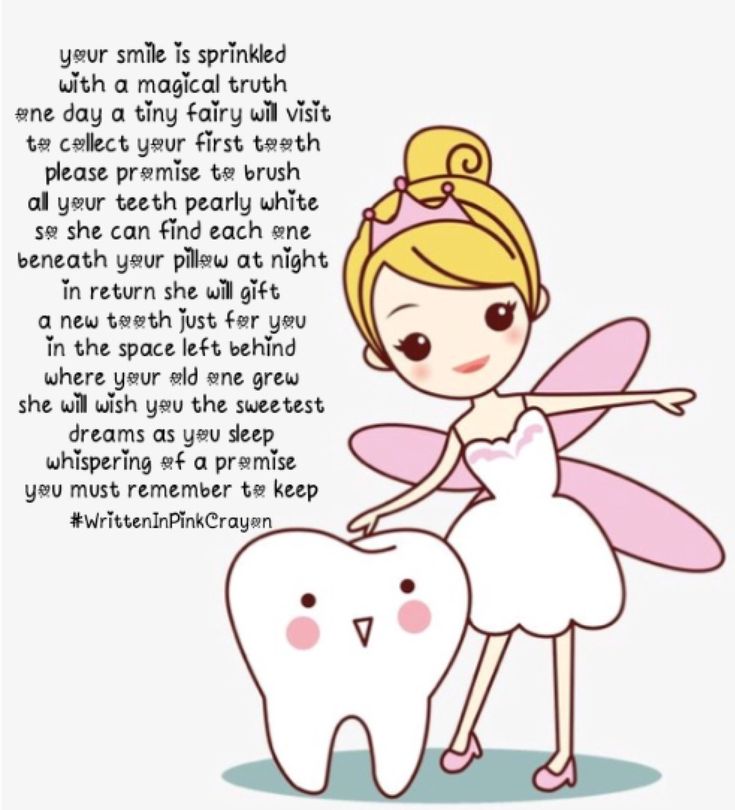 This is a great chance to talk about family traditions and the role mythology plays in popular culture.
This is a great chance to talk about family traditions and the role mythology plays in popular culture.
Allow Kids to Believe If They Want To
If children learn too young that there is no Tooth Fairy, they may want to believe that she is real. Before age six, kids don’t yet fully distinguish fantasy from reality. If they hear at school that the Tooth Fairy does not exist, they may come to you for answers. If you can tell that your child wants to believe, don’t ruin it for them. Ask them what they think. They’ll tell you what they want to hear.
Decide When They’re Getting Too Old
Although most children will catch on eventually, some especially imaginative kids might hold on to the Tooth Fairy just a little too long. This is a judgment call for the parents. You might want to help them avoid being laughed at or learning the truth in a hard way from peers.
Tell Them the Truth From the Start
There is no hard rule that you must introduce the Tooth Fairy to your children.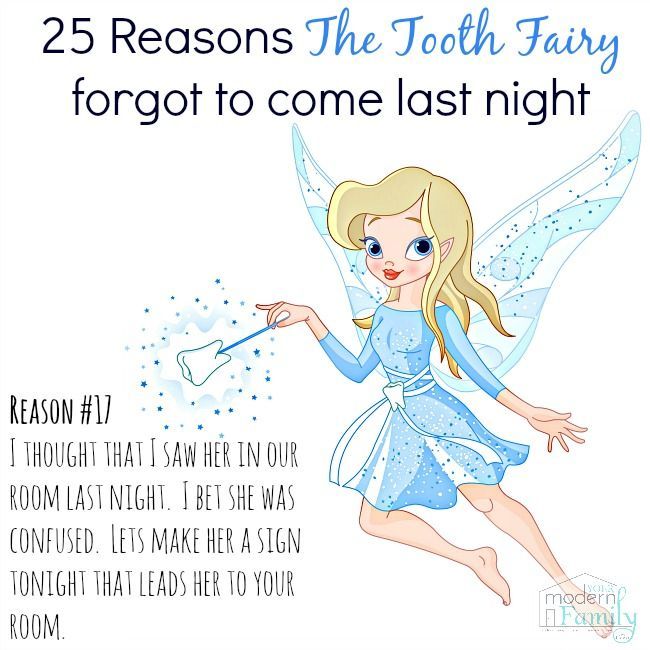 If you don’t feel comfortable pretending that a myth is real, you can always skip this tradition. However, keep in mind that kids will definitely hear about the Tooth Fairy in school. You will want to make sure they don’t ruin the secret for their classmates! Also, consider paying your child for losing their baby teeth regardless so they don’t resent how much money their friends are getting.
If you don’t feel comfortable pretending that a myth is real, you can always skip this tradition. However, keep in mind that kids will definitely hear about the Tooth Fairy in school. You will want to make sure they don’t ruin the secret for their classmates! Also, consider paying your child for losing their baby teeth regardless so they don’t resent how much money their friends are getting.
Looking for a way to keep the tradition of losing teeth special? Download and print this free Certificate for Losing the First Tooth.
Appropiate age to talk about tooth fairy tale and other myths?
Question
My very sensitive 8-year-old son asked me today if the tooth fairy really exists. He wanted to know if I was the one putting the money under his pillow, which I denied. I asked him the reason for his question and he told me that most of the kids in his classroom have told him that the tooth fairy doesn't exist. His response to his friends was that his mother (me) is not a liar, so his friends told him "Well, we think your mother is lying. "
"
After a minute I understood that my son was at a disadvantage and could probably be teased in the future, so I told him the truth, to which he responded with tears of disappointment. He couldn't believe that all this time there was no tooth fairy. Or he was probably crying because I made him believe in something that doesn't exist. In my attempt to calm him down I kind of fell into my own trap, I told him that I put the money under his pillow a couple of times, but I don't know who did the other times.
He also believes in Santa; even though I told him, when he was two, that Santa Claus existed but he died and whoever he sees as Santa is a man wearing a costume. He was ok with that, but many Christmas went by and he heard from friends and family about what was Santa bringing them, and naturally he started believing. I went with the flow, mostly because I was concerned about him telling other children about that Santa was a myth.
Could you please give me some advice?
-- Jeanet
Answer
Dear Jeanet,
I always hesitate to give appropriate ages, since every child is different, but most kids seem to start asking whether the tooth fairy is real between ages 4 and 7, when they lose a lot of teeth and thus have the opportunity to experience the whole tooth fairy fantasy.
It's my hypothesis that the kids who don't ask us may be are the ones who so love the fantasy that they don't really want to know the truth.
Unfortunately, since children are so often determined to prove their "grown-up-ness" by denying and ridiculing their previous dependencies, many youngsters delight in telling their classmates that the tooth fairy isn't real. The result is that most kids seem to hear about the tooth fairy from peers by age 7 if not before.
I can understand why you got rattled and "fell into your own trap." Most parents wonder what to do in the situation you describe. And most parents, when their kids get upset, are tempted to back off and say anything to make things better.
Most psychologists suggest that children need to know they can trust their parents to tell them the truth, even about things like this. In other words, when your kids ask if Santa, the tooth fairy and the Easter bunny are real, you should tell them the truth.
That's not always easy, of course.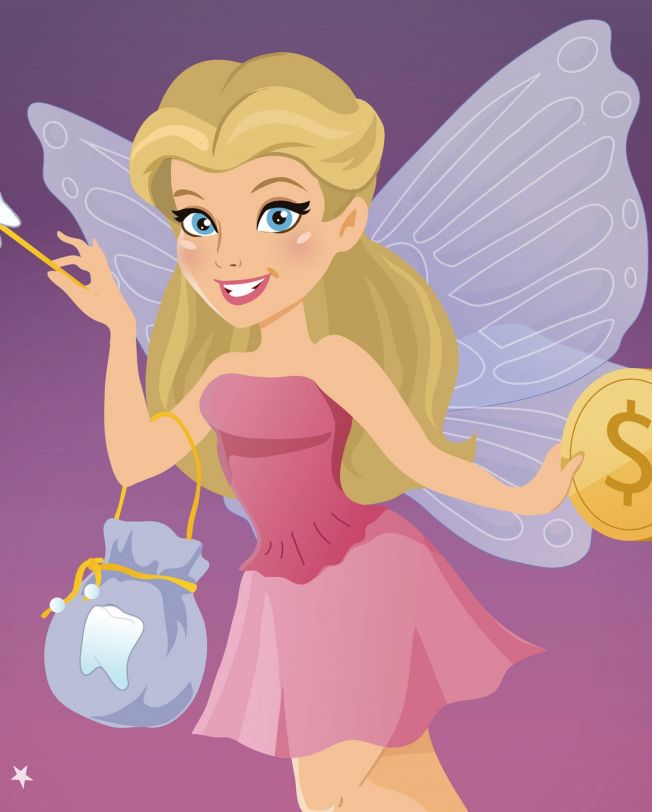 We may feel we are crushing a belief that our child needs. When my daughter was five years old, she asked me if the tooth fairy was real. When I told her no, she became very angry at me, not because I had lead her to believe that a make-believe character was real, but because she wanted so much for the tooth fairy to be real. I desperately wanted to hedge, so I know how you felt with your son. Somehow I resisted the temptation, and let her cry and rage, not just at the unfair world, but at me. Over and over, I reflected back to her how disappointed she was, and how much she wished the tooth fairy could be real, and how angry she felt at that moment at the world and at me.
We may feel we are crushing a belief that our child needs. When my daughter was five years old, she asked me if the tooth fairy was real. When I told her no, she became very angry at me, not because I had lead her to believe that a make-believe character was real, but because she wanted so much for the tooth fairy to be real. I desperately wanted to hedge, so I know how you felt with your son. Somehow I resisted the temptation, and let her cry and rage, not just at the unfair world, but at me. Over and over, I reflected back to her how disappointed she was, and how much she wished the tooth fairy could be real, and how angry she felt at that moment at the world and at me.
My daughter is now twelve, and remembers this incident clearly. She told me recently that she thought that I did the right thing, and that she would have been even angrier at me if I had lied in response to her direct question. Even though she was disappointed that the tooth fairy wasn't real, she thinks it was better for me to tell her the truth when she wanted to know.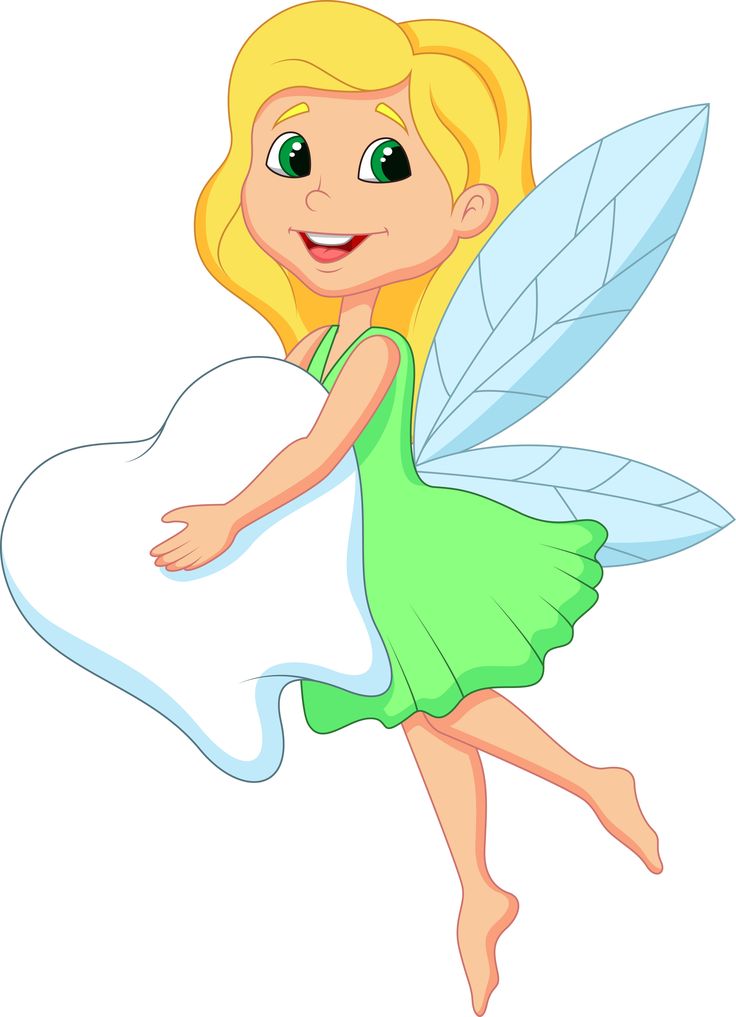 But I still recall my own anxiety and internal debate about whether I was doing the right thing.
But I still recall my own anxiety and internal debate about whether I was doing the right thing.
Your son will probably ask about Santa now that he knows about the tooth fairy, and it's my opinion that you should tell him the truth. But with Santa you can also explain about the real Santa, who is no longer alive in body, but whose spirit is manifest whenever people are generous with each other. And of course, you can affirm his wish that Santa and the Tooth Fairy would be real, and you can acknowledge and empathize with his disappointment.
I want to add that kids do get angry and disappointed, as we all do, and that this is not a terrible thing. As painful as it is for us to see them suffer, it is a gift to our children when we can accept those feelings rather than talking our kids out of them. It gives our kids the message that they are acceptable, messy feelings and all, and that we are always there to comfort them, not by denying the feelings, but by loving them through them.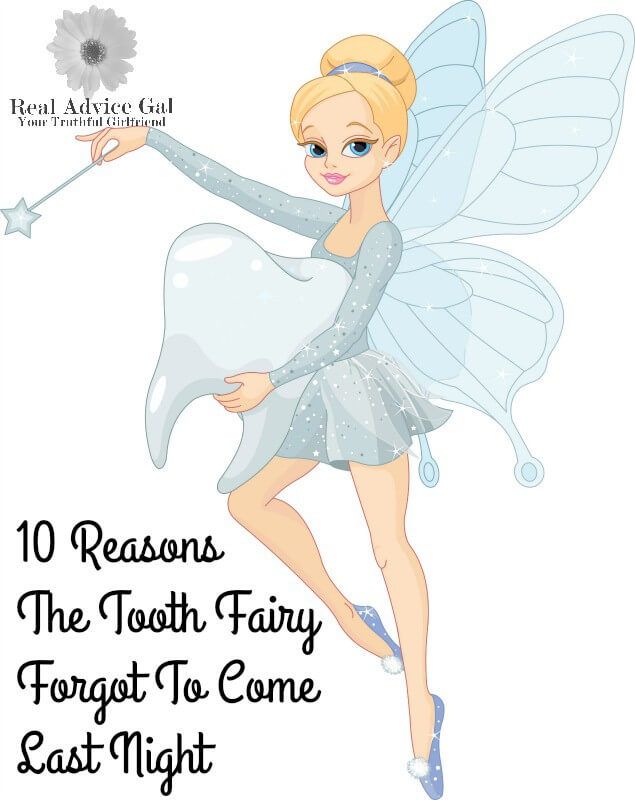
At what age should children be told that Santa Claus does not exist (and is it necessary)
© Depositphotos
It's easy to deal with the Tooth Fairy - at some point, the teeth stop falling out, and the fairy removes itself. But what about Santa Claus? Someday, after all, it will be necessary to say that it is not he who brings gifts at all.
Yes, yes, in the life of every parent there comes a moment when a grown-up child suddenly asks with doubt: “Does Santa Claus bring me gifts, and not you?” And it seems like only yesterday you answered this very child to rather difficult questions about sex, told what the middle finger raised up means (oh, this is the pernicious influence of YouTube videos), and gave out money for new branded sneakers (because he has long been playing toys is not interested), and here is complete confusion - is it really necessary to say that Santa Claus does not exist? The editors of the site for fathers Life of Dad decided ask your users - at what age and how can you tell your child that all these years you actually bought gifts, and not Santa Claus.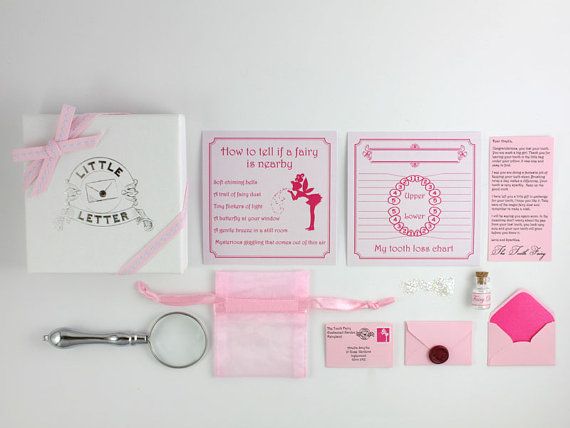 Some fathers were extremely determined:
Some fathers were extremely determined:
😆 I don’t fill my children’s heads with fairy tales at all. We don't have this nonsense at home. I teach my daughter a rational approach to life. All problems must be solved logically, and not wait for gifts from some fabulous creatures.
😬 Honestly - I would generally be silent until the last. For example, my mother never told me directly that Santa Claus does not exist, and I am already 42 ...
😊 Oh, a year ago I read somewhere a story about how one family told the children that each of us is Santa Claus if he brings good and pleasant events to the world. Great idea!
😀 We told our eldest when he was 11. He said that he had already guessed, but did not want to say it out loud, so as not to upset the youngest - he is 2. Then we made him a member of the "Secret Society of Gift Givers", which continued to preserve for kids New Year spirit.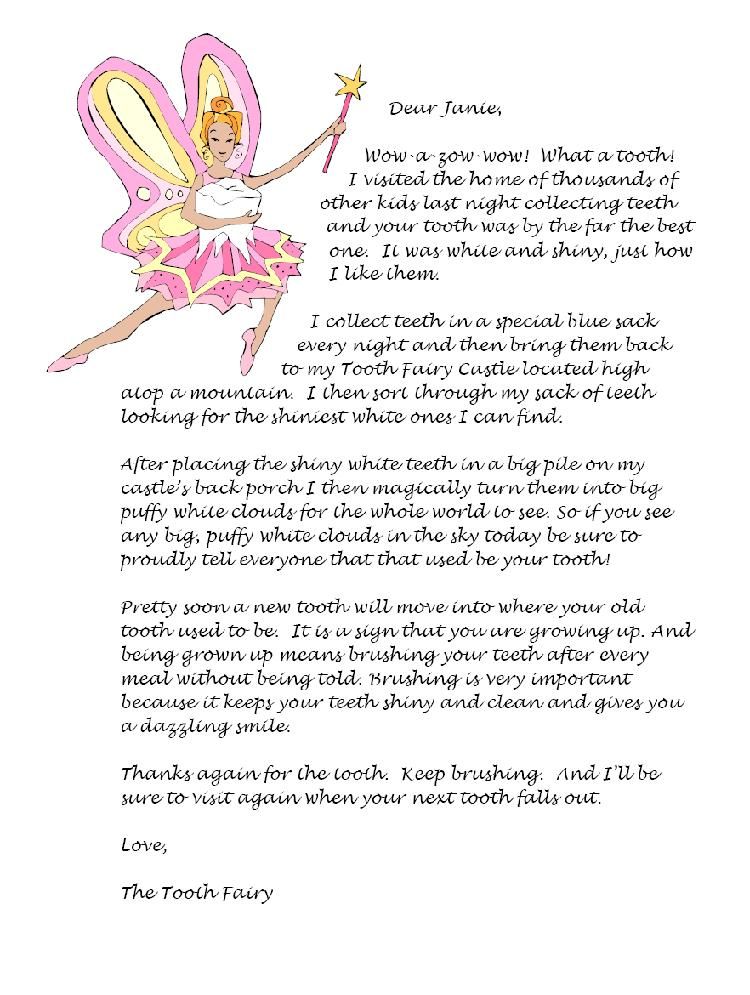 We also discussed with him how wonderful it is to please others and give them not only gifts, but also just positive emotions.
We also discussed with him how wonderful it is to please others and give them not only gifts, but also just positive emotions.
😅 How can I understand... everyone usually says "no need to lie to children." And I'm sad about it. Childhood should be filled with faith in magic. Of course, you can believe in fairy tales to the bitter end! I may be a lying, terrible father, but my kids believe in Santa Claus and the Tooth Fairy. We also read about Winnie the Pooh and Carlson. What do you say here? After all, a bear cannot talk and visit a rabbit, and an adult man cannot fly in pants with a propeller! So what?
😇 I told mine when he was 9 years old, when he had been asking for a couple of years already - his friends disheveled him that Santa Claus did not exist, and therefore he began to doubt. And then I told him, yes, Santa Claus does not exist, but you can become one to please the kids and so that they feel the holiday the way you yourself once felt it.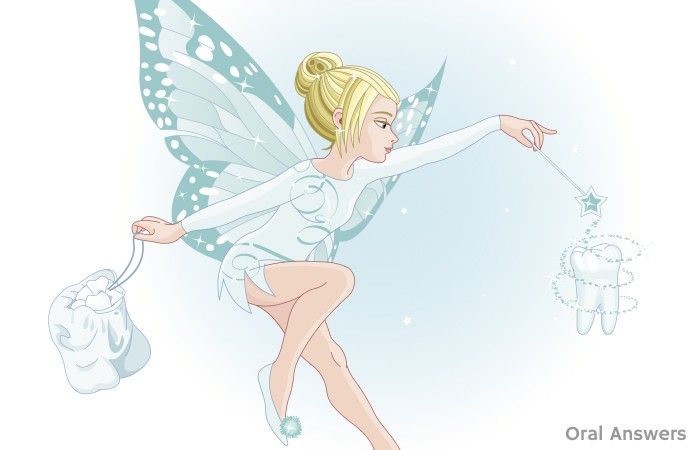 And we went together and chose some gifts for his little brother.
And we went together and chose some gifts for his little brother.
😉 I told them about it as soon as I could. I am raising three children alone and have promised myself to be as honest with them as possible in everything. Even if it means destroying their faith in fairy tales. But it is important for me that they know that dad is always and in everything honest with them, and they can trust me.
🙂 I promised my son that I would always tell him the truth. Then he squinted and asked, they say, and what, Santa Claus actually exists, flies around the world on a sleigh and distributes gifts? And then I had to admit that Santa Claus is just a fun story for children. But I said it without irony, very carefully, so he still loves the New Year and that's it. The trust of children is much more important than some kind of Santa Claus.
😁 My eldest daughter found out that Santa Claus does not exist when she was 8.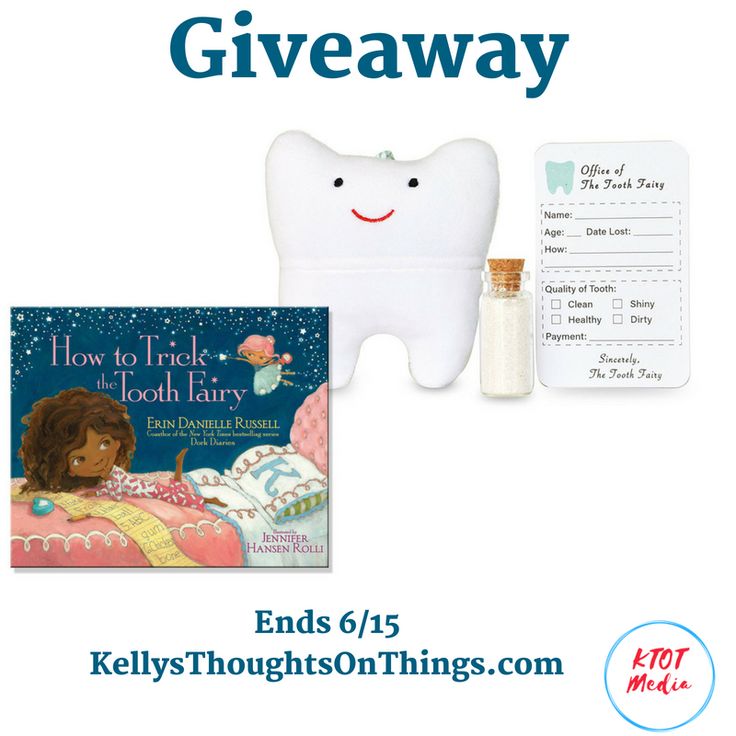 We chatted about traditions, and I explained to her that now she can be something like Santa Claus to please her little sister, while she too won't grow up. She loved this idea!
We chatted about traditions, and I explained to her that now she can be something like Santa Claus to please her little sister, while she too won't grow up. She loved this idea!
😬 You can never speak!! At some point, they will find out for themselves. My 12-year-old daughter asked me for some thing, and I say, they say, ask Santa Claus. She rolled her eyes SO. Of course, they will find out about it themselves, and you will know what they have learned, but it is not at all necessary to say it all out loud. And so everything is clear.
- winter
What to tell your children if they ask you about the Tooth Fairy
What happens if your son or daughter's tooth moves? Well, you will have to explain to him who the Tooth Fairy is and prepare you so that the loss of a baby tooth is not traumatic . On the contrary, it can be experienced as a magical moment when a boy or girl becomes the protagonist of a fantastic event. This is the great psychological value of this mouse.
On the contrary, it can be experienced as a magical moment when a boy or girl becomes the protagonist of a fantastic event. This is the great psychological value of this mouse.
At this point in the peak of magic mothers should remain accomplices , for this we can tell them the story of Mouse Peres so that he knows where he comes from and where he lives, do with them or choose a magic door so that he can enter and leave his room , and even explain it, sometimes Mouse Perez leaves a letter and a few coins under his pillow.
Index
- 1 Tales and tales about the arrival of the Tooth Fairy
- 2 Door to a magical land
- 3 Letters and certificates from the Tooth Fairy
Tales and stories about the coming of the Tooth Fairy
A story was published a few years ago about a very curious boy who wondered how it was possible that the Tooth Fairy visited his grandparents, his parents and everyone for a long time, and that he was still working. The story is called Izan's Doubts and answers many questions that children often ask about this character.
The story is called Izan's Doubts and answers many questions that children often ask about this character.
You can also will tell you the "true" story of the Tooth Fairy, And since he lives in Madrid at 8 Arenal Street, you can even visit his museum! The story Written by Father Koloma continues to be published as a classic of children's literature. Also on the Internet you will find videos and other stories about this character.
But Ratoncito Pérez is not the only one who collects baby teeth from children all over the world. Similarly, in Catalonia there is El angelito or La Rateta, in the Basque Country, especially in Biscay, it is Maritxu teilatukoa (Mari la del roof) that answers, and in Cantabria, L'Esquilu de los teeth, a squirrel with teeth . . You can tell your children about these other characters is in charge of collecting milk teeth.
Door to Magic Land
When your son or daughter starts moving his teeth and he asks you about the Tooth Fairy, you will have to explain to him that one day the tooth will fall out. In order for the mouse to get to its room, it is necessary to build, paint a ready-made door or buy a magic door.
In order for the mouse to get to its room, it is necessary to build, paint a ready-made door or buy a magic door.
Somos supporters of its construction, and for the child to participate in this fun project. You have to find the best design for the room, find the door, keep it clean, because other teeth will come later. On the Internet, we can find the model that we like best and adapt it to what we have at home. There are some very funny ideas.
Like it's a magic door It can be the most varied from foam board, box, popsicle sticks, with EVA rubber ... The shape can be anything from a typical mouse hole to a large door, but some curtains will work too. The important thing is that it is durable and that the Tooth Fairy finds a way to get in and out.
Letters and certificates from the Tooth Fairy
Your son will know that the Tooth Fairy has come because there will be no more tooth, it will be exchanged for coins or a gift , and more and more often the Mouse leaves letters and an official delivery receipt for the children from the Ministry of Toothpicks.


